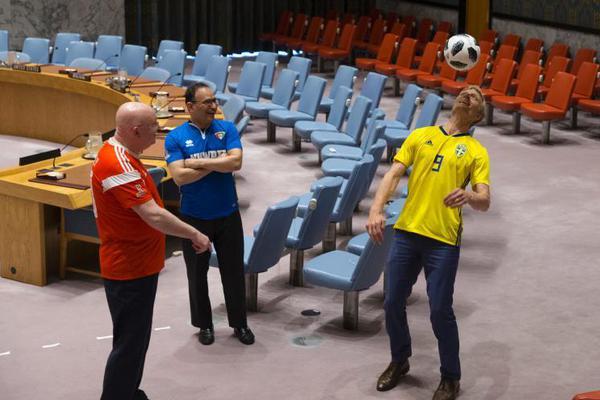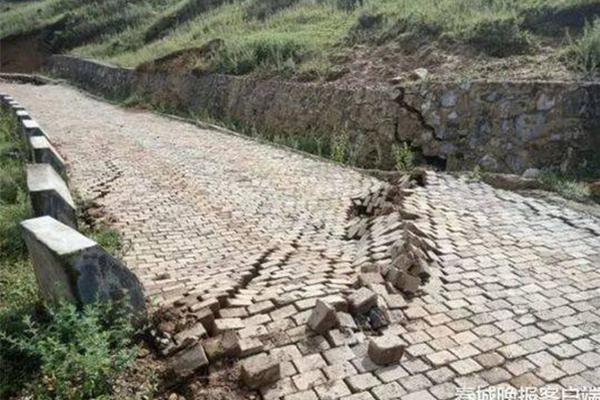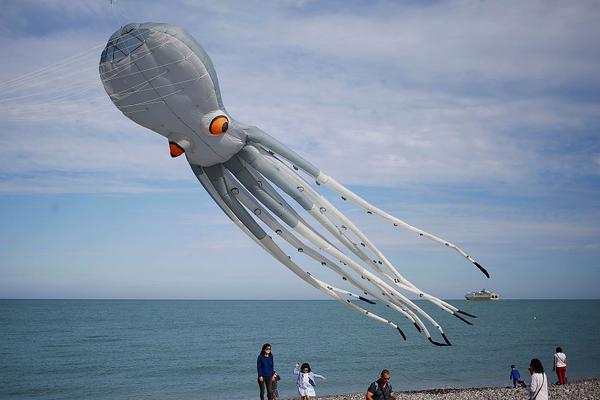The ??? ??grainy, black-and-white footage shows teens in the 1960s doing what teens have done since time immemorial — smoke weed, hang out, and discuss the recent outbreak of public lice among their horny, horny peers. They're also fomenting a revolution that will change the world, but right now they're talking about crabs.
Welcome to Crip Camp.
Crip Camp: A Disability Revolutionis one of many films denied a theatrical release during the novel coronavirus outbreak. The documentary, which was partially produced by Barack and Michelle Obama's production company Higher Ground, premiered at Sundance to high reviews and, thanks to Netflix, is now available to stream. It's not very long, it's extraordinarily well-made, and it might be one of the most important films of the year.
Crip Campis about Camp Jened, a summer camp for children with disabilities that existed in the 1950s and '60s (Camp Jened closed in 1971). It is also about some of the children who attended Camp Jened and internalized, summer by summer, the idea that their thoughts and experiences have value beyond the limited expectations of society. Above all, Crip Campis exactly what it says in its full title: the story of a disability revolution.
It's vital and apparent that Crip Camp was co-directed by someone who lives with a disability. James LeBrecht, a sound designer and disability rights activist who attended Camp Jened in his teen years, also stars in the documentary as one of many first person voices who traces the roots of his activism back to his experience at camp. His warm, funny description of growing up with spina bifida in the 1950s and 60s is the narrative that introduces the audience to Camp Jened and encapsulates precisely why the camp was a formative experience for many who joined the decades-long fight to pass legislation to acknowledge the humanity of his peers.
For LeBrecht and others in the documentary, Camp Jened was his first experience being in a space almost entirely populated by people with disabilities. It allowed those who were historically (and currently) labeled "others" to come together on a scale that allowed them to become an "us." Archival footage of the camp shows adolescents with disabilities that affect their mobility and speech expressing themselves without the assumption that an able-bodied person needs to accommodate or speak for them, and the campers' dedication to supporting each other created an environment where disability was a part of, and not an exception to, everyday life.
The campers' dedication to supporting each other created an environment where disability was a part of, and not an exception to, everyday life.SEE ALSO: Can't get enough of 'The Circle'? There's a whole other season streaming right now
The documentary draws a straight line from the spirit of Camp Jened to the work of disability rights activists who dedicated themselves to producing civil rights and protections for their community. It shows footage of campers who participated in the 1977 504 sit-in, a nationwide demonstration that pressured the United States Secretary of Health, Education, and Welfare to sign and enforce the country's first meaningful piece of legislation that protected disabled citizens from discrimination.
That legislation, Section 504 of the Rehabilitation Act of 1973, was a turning point after which the United States government was forced to reassess the then-current policy of treating disability as an individual medical concern instead of a social status created by a world that excludes those individuals by design. The subjects of Crip Camppoint to Camp Jened as the place they realized an inclusive world was not only possible, but the only equitable world that could exist. At Camp Jened they were not a "problem" to be solved. The problem was how the able-bodied world dismissed them.
Inspiration is a loaded word to use when discussing disability rights, as it's almost always deployed with the condescending assumption that any task a disabled person manages to accomplish is somehow extraordinary. Crip Campis not inspiration porn, but it is inspirational for all the ground it manages to cover in a short hour and forty-five minutes. It's a case study in the power of activism, a badly needed history lesson, and an invitation for viewers to assess the impact of spaces like Camp Jened — designed from the start to include.
Crip Camp is now streaming on Netflix.
Topics Netflix
 'Trumping' is the newest and best way to shut things down on Tinder
'Trumping' is the newest and best way to shut things down on Tinder
 Fitbit Ionic smartwatch and Flyer headphones: Hands on
Fitbit Ionic smartwatch and Flyer headphones: Hands on
 12 kids who don't care what you think
12 kids who don't care what you think
 PS5 vs. PS5 Slim: What are the differences?
PS5 vs. PS5 Slim: What are the differences?
 13 animals with unlikely best friends
13 animals with unlikely best friends
 'Trumping' is the newest and best way to shut things down on Tinder
'Trumping' is the newest and best way to shut things down on Tinder
 China's fake Yeezy store looks really slick, TBH
China's fake Yeezy store looks really slick, TBH
 Forget Peloton. All you need to get pedaling is this $140 under
Forget Peloton. All you need to get pedaling is this $140 under
 Denny's will most definitely regret tweeting this dank meme
Denny's will most definitely regret tweeting this dank meme
 How to watch USF vs. SU football livestreams: kickoff time, streaming deals, and more
How to watch USF vs. SU football livestreams: kickoff time, streaming deals, and more
 Serena Williams and Alexis Ohanian have reportedly welcomed a baby girl
Serena Williams and Alexis Ohanian have reportedly welcomed a baby girl
 Incredibly pragmatic dog braves Hurricane Harvey with, yes, an entire bag of dog food
Incredibly pragmatic dog braves Hurricane Harvey with, yes, an entire bag of dog food
 These celebrity wax figures are ... really something
These celebrity wax figures are ... really something
 How to stop caring what people think about you
How to stop caring what people think about you
 5 tragedies throughout history that Obama really should've handled better
5 tragedies throughout history that Obama really should've handled better
 Just 23 great photos of cats standing on two legs
Just 23 great photos of cats standing on two legs
 Ryan Reynolds's birthday message to Blake Lively is Hall
Ryan Reynolds's birthday message to Blake Lively is Hall
 Apple pauses sales of Apple Watch Series 9 and Ultra 2 over patent dispute
Apple pauses sales of Apple Watch Series 9 and Ultra 2 over patent dispute
 Trapped bakers make hundreds of loaves of bread for Harvey victims
Trapped bakers make hundreds of loaves of bread for Harvey victims
The coronavirus has sent a video game about wiping out humanity to #1How parents can support young activistsDr. Doofenshmirtz of 'Phineas and Ferb' sings 'Bad Guy': WatchFacebook founder Mark Zuckerberg doesn't need to be 'liked'The internet wants to grind Baby Nut into peanut butter for Baby YodaTwitter finally rolls out its election disinformation reporting tool to U.S. usersHow Google Assistant routines changed my nighttime regimenIt looks more and more like GM will release an electric HummerThis 'internet treasure hunt' doles out passwords to premium subscriptionsFacebook agrees to $550M slap on the wrist following facial recognition suit There's nothing cuter than this kid cosplaying The Mandalorian at Galaxy's Edge Apple is testing a way to completely turn off location tracking in iOS It's not weird to mourn your dead plant. In fact, it makes perfect sense. PlayStation 4 DualShock finally has cost 'Young Adult' is the best Charlize Theron movie you've never seen The Human Screenome Project wants to 'sequence' our smartphone use Instagram just launched new TikTok — ahem, Boomerang — effects How to help mental health efforts following Puerto Rico earthquake Elon Musk teases Teslas will soon 'talk' to pedestrians 'Everything's Gonna Be Okay' actor wants to break misconceptions about autism
0.2154s , 9951.4765625 kb
Copyright © 2025 Powered by 【??? ??】Enter to watch online.'Crip Camp' on Netflix tells the story of a revolution's teen years,